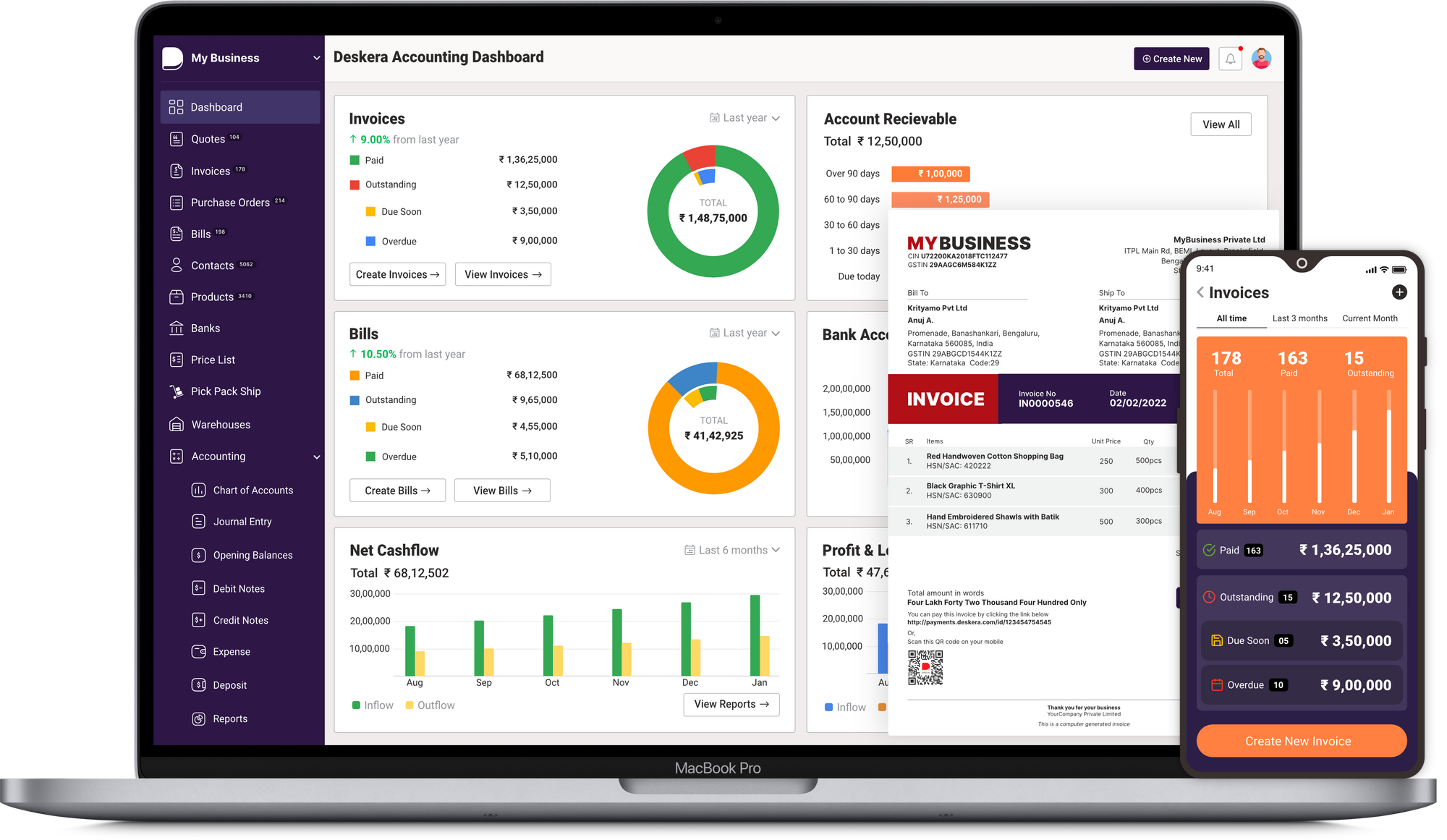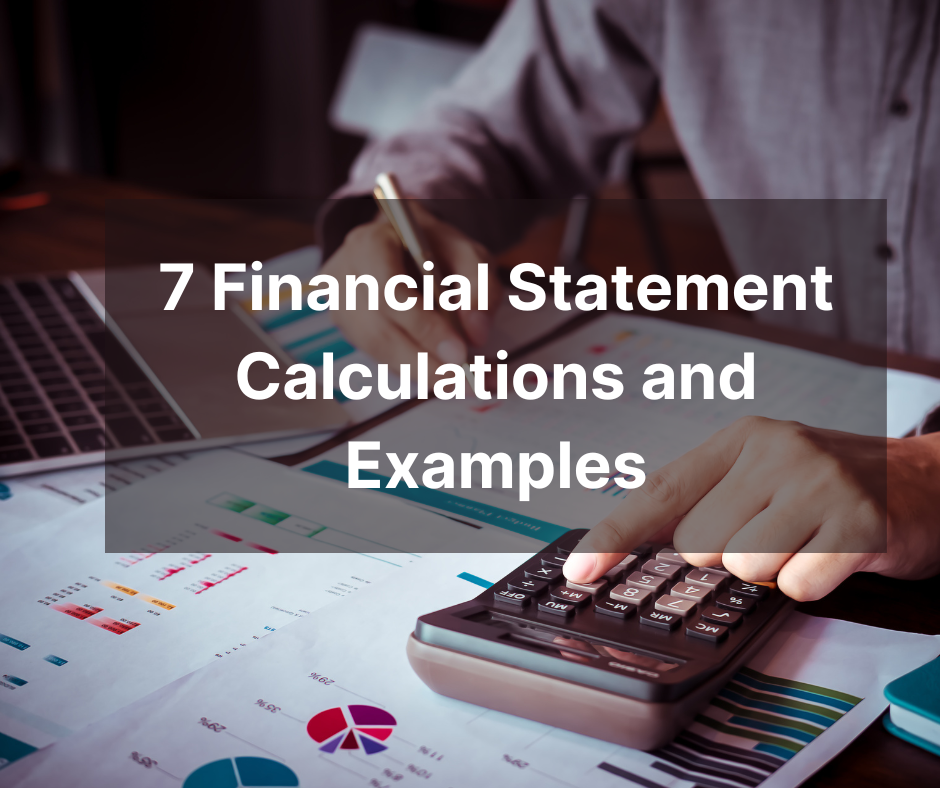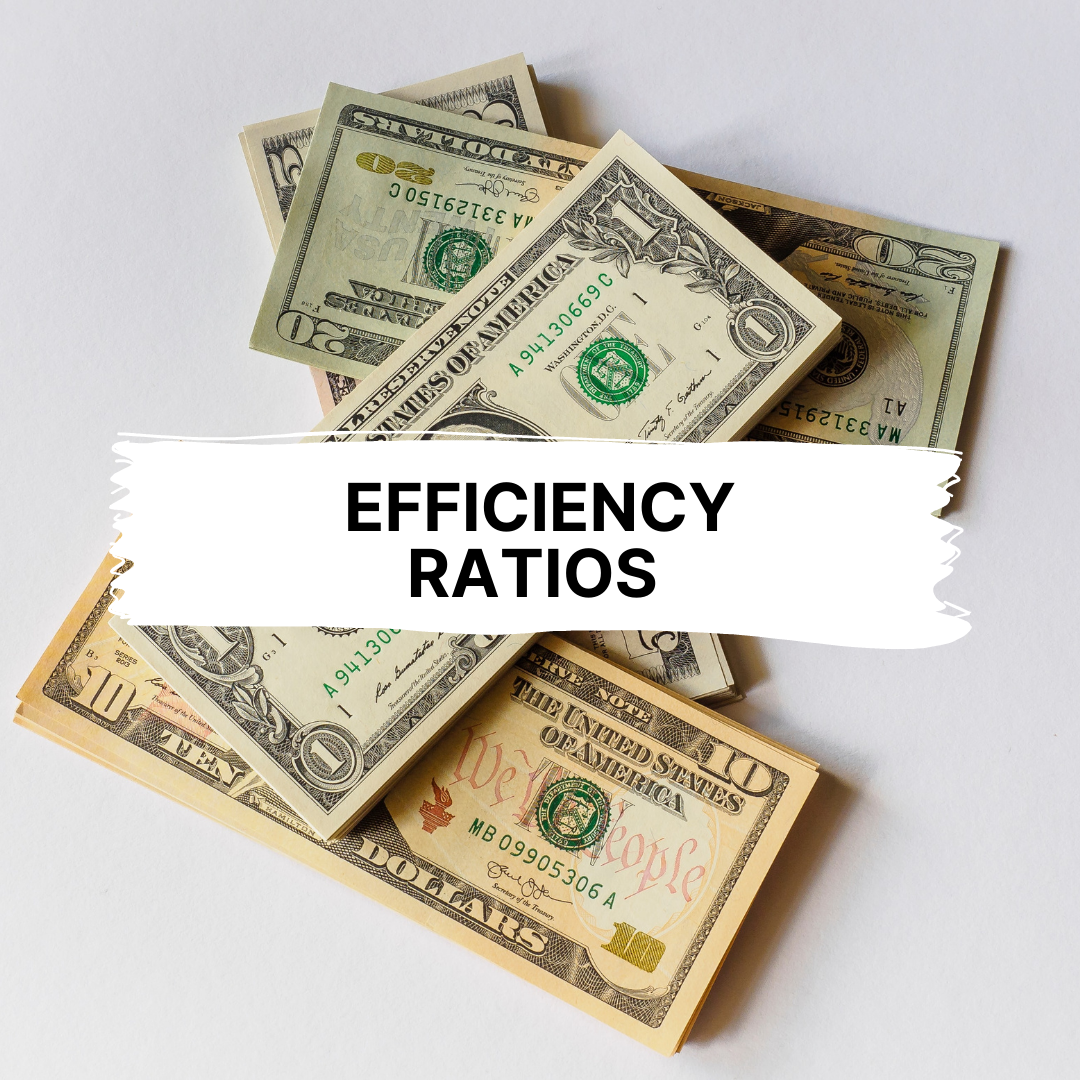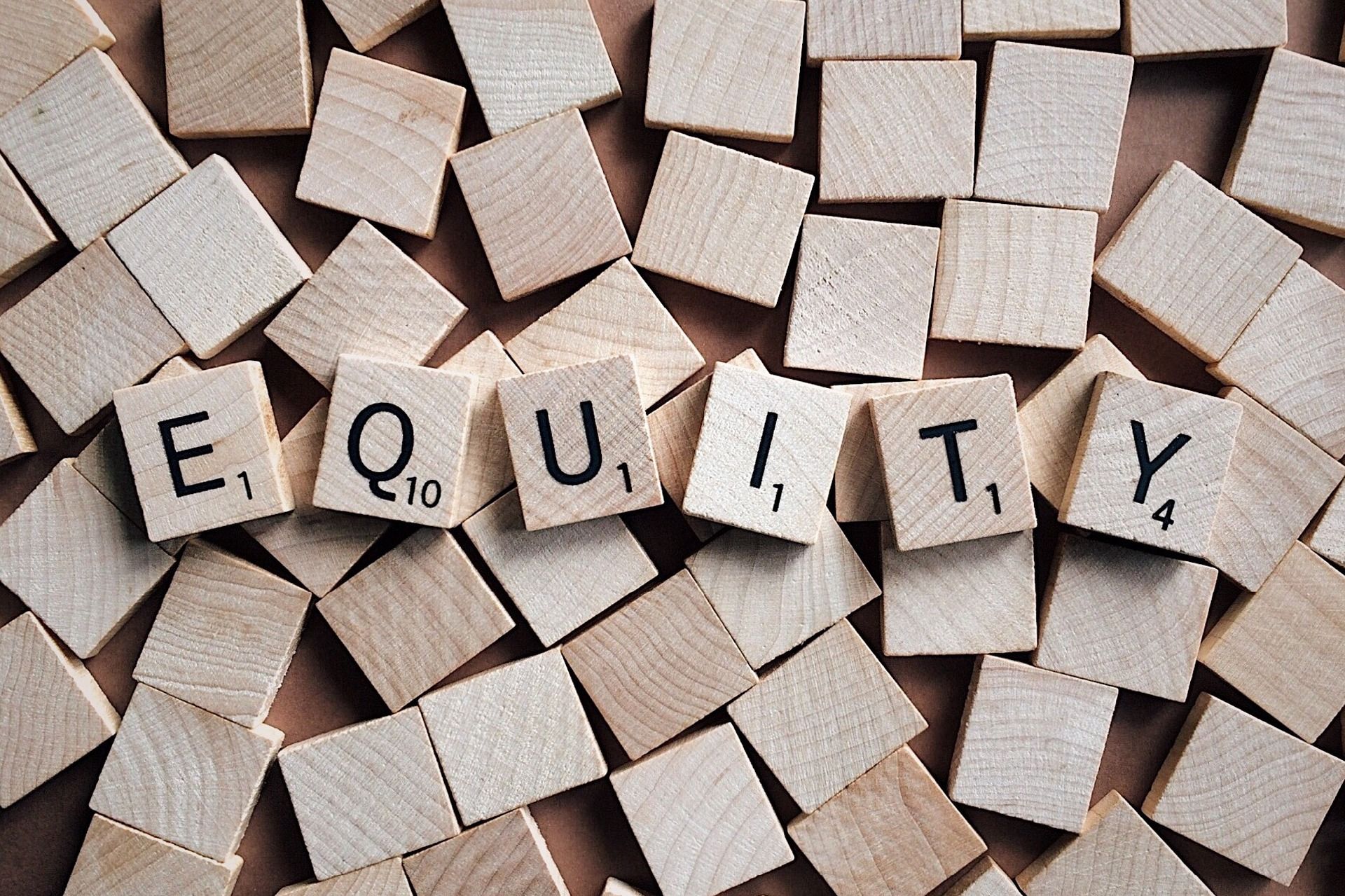A business can function only with enough cash flow for its various activities. Managing credit is a key factor in ensuring optimum cash flow. When you manage credit, both receivables and payables, in your business effectively, you ensure that your business runs on its optimum cash flow. But what is credit and how do you manage it? Let’s find out!

This article covers the following:
- What is credit?
- How does credit work?
- What are the types of credit?
- What is a credit score, and how to understand your credit score?
- What are some of the benefits of building good credit?
- How to improve your credit score?
- What are some of the common credit myths?
- What is a credit monitoring service?
- How can Deskera assist you?
What is Credit?
Credit is an important tool for individuals and businesses to purchase goods and services without having to pay upfront. It is simply borrowing money, usually from a bank or other financial institution, to be paid back at a later date. It can be used to purchase things like cars, furniture, vacations, and other items.
For businesses, credit is often used to purchase inventory, equipment, and other assets. This allows companies to purchase what they need without having to pay for it all upfront. Businesses can also use credit to help with cash flow, which is especially important if sales are slow or a company is experiencing financial difficulties.
For individuals, credit is used to purchase large items like cars, furniture, or vacations. It is also used to buy everyday items like groceries and clothing. Credit cards are one of the most popular ways to use credit. They provide convenience and are accepted almost everywhere.
Using credit wisely is important to maintain a good credit score. A good credit score can help individuals and businesses to qualify for better loan terms, such as lower interest rates.
This can save money in the long run. When using credit, it is important to stay within your budget and make payments on time. This will help to avoid late fees and other penalties that can significantly increase the cost of goods and services. It is also important to monitor your tier 1 credit report regularly to make sure it is accurate..
Errors in your credit report can cause your credit score to suffer, which could lead to higher interest rates and other problems. Credit can be an important tool for individuals and businesses, but it is important to use it wisely. By understanding what credit is, how it works, and how to use it responsibly, you can benefit from its advantages while avoiding its pitfalls.
How does Credit Work?
When you use credit, you are borrowing money from a lender, such as a bank, credit union, or credit card company. The lender then charges you interest on the loan, which is usually a percentage of the borrowed amount. The interest rate varies depending on the type of credit you are using and your creditworthiness.
The higher your credit score, the lower your interest rate. To use credit, you must first have a credit card, loan, or line of credit. You can apply for a credit card at a bank, credit union, or online lender. The lender will review your credit history and credit score when you apply.
If you have a good credit score and a good credit history, you are likely to be approved for a credit card. Once you have a credit card, loan, or line of credit, you can use it to buy goods and services or to pay bills.
When you use your credit card to pay for something, the card company pays the merchant, and you are responsible for paying the card company back. You will have to make a minimum payment each month, and if you miss a payment or make a late payment, your credit score may be negatively affected.
When you use a loan or line of credit, you are borrowing a specific amount of money from the lender. The lender will charge you interest on this loan, and you will have to make payments to the lender until the loan is paid off. Credit can be a great tool for managing your finances and helping you to purchase items that you may not be able to afford with cash.
However, it is important to understand how credit works and to use it responsibly. If you miss payments or make late payments, your credit score may be negatively impacted. It is also important to only borrow what you can afford to repay, as carrying too much debt can be financially burdensome.
What are the Types of Credit
Credit is an essential part of modern life, and understanding the different types of credit can help you make wise financial decisions. There are several different types of credit that you can use to help you manage your finances. Here are the most common types of credit:
Secured Credit
Secured credit is a type of credit that is backed by collateral. Examples of collateral might include a car, a house, or some other form of a valuable asset. When you take out a secured loan, the lender will take possession of the collateral in the event that you cannot repay the loan.
Unsecured Credit
Unsecured credit does not require collateral to secure the loan. This type of credit may be more difficult to obtain since the lender is taking on more risk. Unsecured credit can include credit cards, personal loans, and student loans.
Revolving Credit
Revolving credit is a type of credit that allows you to borrow up to a certain limit and then repay the loan over time. This type of credit is typically associated with credit cards and home equity lines of credit. As long as you make the minimum payments, you can continue to use the credit line up to your limit.
Installment Credit
Installment credit is a type of credit that requires a fixed payment over a set period of time. Examples of installment credit include car loans, student loans, and mortgages. With installment credit, you know exactly how much you will have to pay each month, and the loan will be paid off after the term is complete.
By understanding the different types of credit, you can make informed decisions about how to use credit to your advantage. Whether you need a loan for a large purchase or need to increase your credit score, understanding the different types of credit will help you make wise financial decisions.
What is a Good Credit Score & How to Study Your Credit Score?
Having a good credit score is important for a variety of reasons. From getting approved for a loan to getting the best interest rates, having a good score can make a big difference. But what is a credit score, and how is it determined? A credit score is a three-digit number that lenders use to assess your creditworthiness.
Lenders use your credit score to help them decide whether they should approve you for a loan or credit card. It’s important to understand how your credit score is calculated so you can take steps to improve it. Your credit score is determined by five factors: payment history, credit utilization, credit age, types of credit, and recent credit activity.
Payment history is the most important factor in determining your credit score. This includes whether you’ve paid your bills on time and how often you’ve missed payments. If you have missed payments, this will have a negative impact on your score. The second factor is credit utilization.
This is the amount of credit you’re using compared to the amount of credit you have available. Low credit utilization is better for your score than high credit utilization. Try to keep your credit utilization below 30%, as this is typically considered best for your score.
Credit age is another factor used to calculate your score. The longer you’ve had credit accounts open, the better it is for your score. This is because it shows lenders that you’ve been successful in managing credit for an extended period of time. Types of credit are the fourth factor.
This looks at the different types of credit you have open, such as credit cards, loans, and lines of credit. Having a mix of different types of credit can be beneficial for your score. The last factor is recent credit activity. This looks at the number of accounts you’ve opened recently and any inquiries into your credit.
It’s typically best to limit the number of new accounts you open and refrain from applying for too many loans. Understanding your credit score is an important part of maintaining good financial health. Knowing how it’s calculated can help you make informed decisions about how to best manage your credit. Paying your bills on time, keeping your credit utilization low, and limiting new credit applications can all help improve your score.
What are the Benefits of Building a Good Credit Score?
When it comes to managing your personal finances, one of the most important things to remember is the importance of building a good credit score. Having a good credit score can have a number of benefits, such as being able to secure a loan or being approved for a credit card. In this blog, we’ll discuss the benefits of having a good credit score and why it’s so important to maintain a good score.
The first benefit of having a good credit score is the ability to access favorable lending terms. When you have a good credit score, lenders are more likely to take a chance on you and offer you better interest rates and loan terms.
This can save you a lot of money over time, as you’ll be able to pay less in interest payments and higher loan amounts. Another benefit of maintaining a good credit score is the ability to secure a loan for large purchases.
Whether you’re looking to purchase a home or a car, having a good credit score can make it easier to get approved and secure a better loan. This can make it easier to buy the items you need, as you’ll have access to more favorable loan terms.
Finally, having a good credit score can also help you get approved for a credit card. Credit cards can be a great way to build a credit history and take advantage of rewards programs.
However, if you have a poor credit score, you may be denied a credit card or have to pay higher interest rates. Having a good credit score can help you get approved and take advantage of better rewards and interest rates.
As you can see, there are many benefits to maintaining a good credit score. Not only will it make it easier to get approved for loans and credit cards, but it can also save you money in the long run. So, it’s important to make sure you’re monitoring your credit score and taking steps to improve it. By doing so, you can enjoy the many benefits of having a good credit score.
How to Improve Your Credit Score?
Improving your credit score is an important part of good financial health. It’s not quite as simple as making a few payments, but with careful planning and effort, you can improve your credit score. Here are several ways to improve your credit score.
Check Your Credit Report
This is the first step to improving your credit score. You can request a free copy of your credit report once a year from the three major credit bureaus (Equifax, Experian, and TransUnion). Review the report to make sure all the information is accurate. If there are any errors, dispute them by filing a dispute online, by mail, or by phone.
Pay Your Bills On Time
This is one of the most important factors in determining your credit score. Make sure to pay all your bills on time, including credit cards, car payments, rent, and more. Missing payments can have a negative impact on your credit score.
Keep Your Credit Card Balances Low
Another factor that impacts your credit score is your credit card utilization. This is the amount of available credit you are using relative to your total credit limit. Aim to keep your balances at 30% or less of your total credit limit.
Don’t Close Unused Credit Cards
Closing unused credit cards can hurt your credit score. Instead, keep them open and use them occasionally to show that you are still actively managing your credit.
Don’t Open Too Many Credit Cards
Opening too many credit cards at once can be seen as a sign of risk to lenders. Aim to keep your total number of credit cards to five or fewer.
Pay Down Outstanding Debt
Paying off your debt can have a major positive impact on your credit score. If you have multiple debts, make a plan to pay them down one at a time.
Monitor Your Credit Report
Your credit report should be monitored regularly for any changes or errors. If you notice any suspicious activity, contact the credit bureau immediately to report it. Improving your credit score is a process that takes time, effort, and consistency. With a little bit of planning and effort, you can improve your credit score and take the first step toward financial freedom.
What are Some of the Common Myths of Credit?
Myth #1 Closing a Credit Card is Always a Good Idea
Closing a credit card can be a good idea, but it can also damage your credit score. That’s because closing a credit card can lower your overall credit utilization ratio. If you’ve had the card for a long time, it can also reduce your average age of accounts. It’s best to keep your oldest credit card open and just use it for small purchases every now and then.
Myth #2 Checking Your Credit Report Hurts Your Score
Checking your credit report does not hurt your credit score. In fact, it’s a good idea to check your report periodically to make sure it’s accurate and up-to-date. You’re entitled to one free credit report from each of the three major credit bureaus every year.
Myth #3 You Should Always Pay the Minimum on Your Credit Card
Paying the minimum on your credit card is not always a good idea. In fact, it can be a dangerous trap because it will take you longer to pay off the balance, and you’ll end up paying more in interest. It’s better to pay more than the minimum if you can afford it.
Myth #4
You Shouldn’t Have More Than One Credit Card Having more than one credit card can actually be beneficial to your credit score. It can help you build a good credit history by showing that you can manage multiple accounts responsibly.
Myth #5
You Should Never Get a Credit Card Getting a credit card can be a good way to build your credit if you use it responsibly. It’s important to make sure you pay your balance in full and on time every month so you don’t end up paying interest charges.
It’s important to be aware of these common credit myths so you can make informed decisions about your credit. Knowing the facts about credit can help you make smart financial decisions that benefit you in the long run.
What is a Credit Monitoring Service?
Credit monitoring services are a valuable tool for individuals and businesses alike to help protect their personal and financial information from fraud and identity theft. These services monitor your credit report and alert you to any changes that may indicate fraudulent activity.
For individuals, credit monitoring services can be an invaluable tool for keeping an eye on your credit score and staying informed of any new activity that could affect your creditworthiness.
Knowing you have a credit monitoring service in place can also help you to spot any mistakes or fraudulent activity on your credit report early and prevent any potential damage to your credit score.
For businesses, credit monitoring services can be a great way to protect their financial data and ensure the security of their customers’ information. With these services, businesses can monitor their credit report, as well as their customers, and be alerted to any suspicious activity that could indicate a potential breach of security.
When choosing a credit monitoring service, it’s important to look for one that offers a variety of features, such as daily or weekly credit score updates, fraud alerts, and access to credit reports from all three major credit bureaus.
You may also want to consider a service that provides identity theft protection, which can help to protect your personal information and alert you to any suspicious activity. Before signing up for any credit monitoring service, it’s important to review the terms and conditions of the service and be sure you understand what you’re getting.
Additionally, it’s a good idea to compare different services and make sure you’re getting the best value for your money. Overall, credit monitoring services can be an invaluable tool for individuals and businesses who want to keep their personal and financial data secure. With a variety of features and services, you can find a service that meets your specific needs and helps to keep your information safe.
How Can Deskera Assist You?
Deskera Books is an online accounting, invoicing, and inventory management software that is designed to make your life easy. A one-stop solution, it caters to all your business needs, from creating invoices and tracking expenses to viewing all your financial documents whenever you need them.

Key Takeaways
- Credit is an important tool for individuals and businesses to purchase goods and services without having to pay upfront.
- Credit is often used to purchase inventory, equipment, and other assets.
- Having a good credit score is important for a variety of reasons.
- For businesses, credit monitoring services can be a great way to protect their financial data and ensure the security of their customers’ information.
- Credit monitoring services are a valuable tool for individuals and businesses alike to help protect their personal and financial information from fraud and identity theft.
Related Articles:











